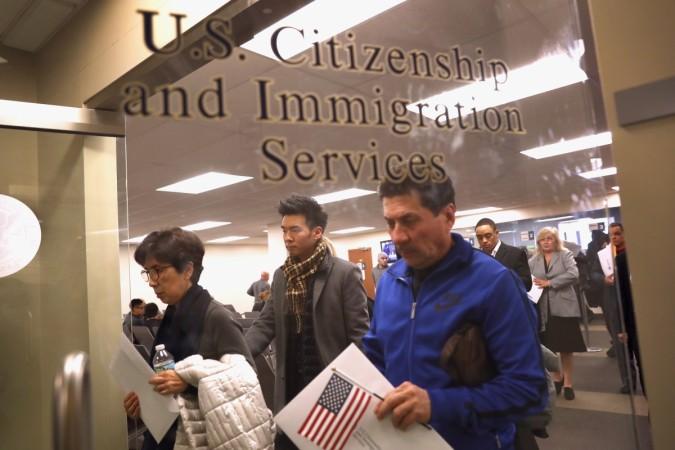
The H-1B visa has probably been one of the most discussed topics since Donald Trump was elected as the president of the United States. His administration has been tweaking the norms on a regular basis, many of which haven't gone down well with the applicants. And now, the United States Citizenship and Immigration Services (USCIS) is facing a lawsuit for the same.
A US-based trade association has filed a lawsuit in a district court alleging that the USCIS has been issuing visas for extremely short duration, some as less as 12 days.
ITServe Alliance, a non-profit trade association, in its petition filed on October 11, said that the USCIS has been tweaking the rules on its own, whereas the law states that an H-1B visa must be issued for a three-year period, unless requested for a shorter time by the employer. The three-year visa can then be extended for a maximum of six-years.
Substantiating its claims, ITServe Alliance mentioned in the petition that an H-1B visa was issued from September 17 to 29 (12 days), while others were issued for 28 and 54 days, reported the Times of India.
If that wasn't enough, there were times when the USCIS sent approval notices after the duration of the visa had expired. For instance, the H-1B visa was granted from June 15 to August 10, 2018, but the approval notice was sent on August 29, 19 days after the visa had expired.
Speaking of the short-duration visa and the working of the USCIS, Rajiv S Khanna, managing attorney at immigration.com told TOI: "If a sponsoring employer is unable to supply an itinerary for the entire requested period (say three years) USCIS approves the H-1B only for the duration for which contract documents are available."
Khanna explained that this way, employers are then forced to spend large amounts to extend their employees' visas.
"The lawsuit points out that the USCIS has directly contravened the law and usurped the power given to the Department of Labour (which has been exercised by the department). Thus, ot only has the USCIS acted unreasonably, it has also acted illegally in taking over the role of a sister agency as well as of US Congress," he added.
The USCIS has, of late, tightened quite a few visa norms and recently announced a policy stating that officials can now outrightly reject visas if the required "initial evidence" isn't submitted or isn't enough to prove one's eligibility for the visa. The new rule came into effect on September 11.
Not just new applicants, the rule will affect even those who may be applying for an extension of the H-1B visa, in which case they will be at the risk of being deported.
The new policy rescinds the earlier norm, as per which the officials were required to issue a Request for Evidence (RFE) so that the applicants would have another chance to provide more evidence to prove their eligibility. The official could then deny the visa only if the additional documents couldn't rectify any error or prove the applicant's eligibility.














